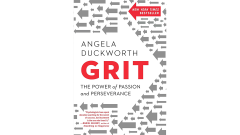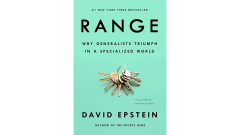It's no surprise to find financial advisors and planners who are also voracious readers. After all, Warren Buffett has likened the knowledge gleaned from reading to gains made in the market: "It builds up, like compound interest."
To close out 2023, we asked financial professionals about books they read this year that made the biggest impact on them, whether in their work practice or in their personal lives. Answers came in from across the country and ranged far and wide, from business books to self-help tomes to memoirs. Scroll down to see the titles you might want to add to your own reading list in 2024.
And to see previous book lists, check out:





















